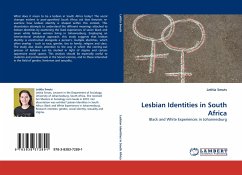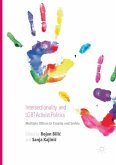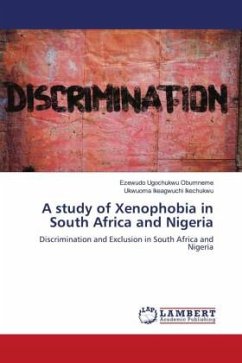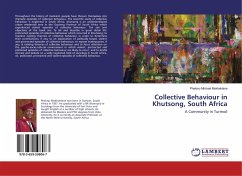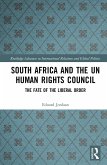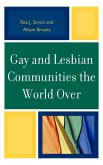What does it mean to be a lesbian in South Africa today? The social changes evident in post-apartheid South Africa ask that theorists re-examine how lesbian identity is shaped within this context. This dissertation attempts to understand the different meanings attached to lesbian identities by examining the lived experiences of seven black and seven white lesbian women living in Johannesburg. Employing an intersectional analytical approach, this study suggests that lesbian identity is constructed alongside a person's multiple identities, which often overlap - such as race, gender, ties to family, religion and class. The study also draws attention to the way in which the coming-out process of lesbians can be studied in light of stigma and certain oppressive social spaces. This analysis should be especially useful to students and professionals in the Social sciences, and to those interested in the field of gender, feminism and sexuality.
Bitte wählen Sie Ihr Anliegen aus.
Rechnungen
Retourenschein anfordern
Bestellstatus
Storno

